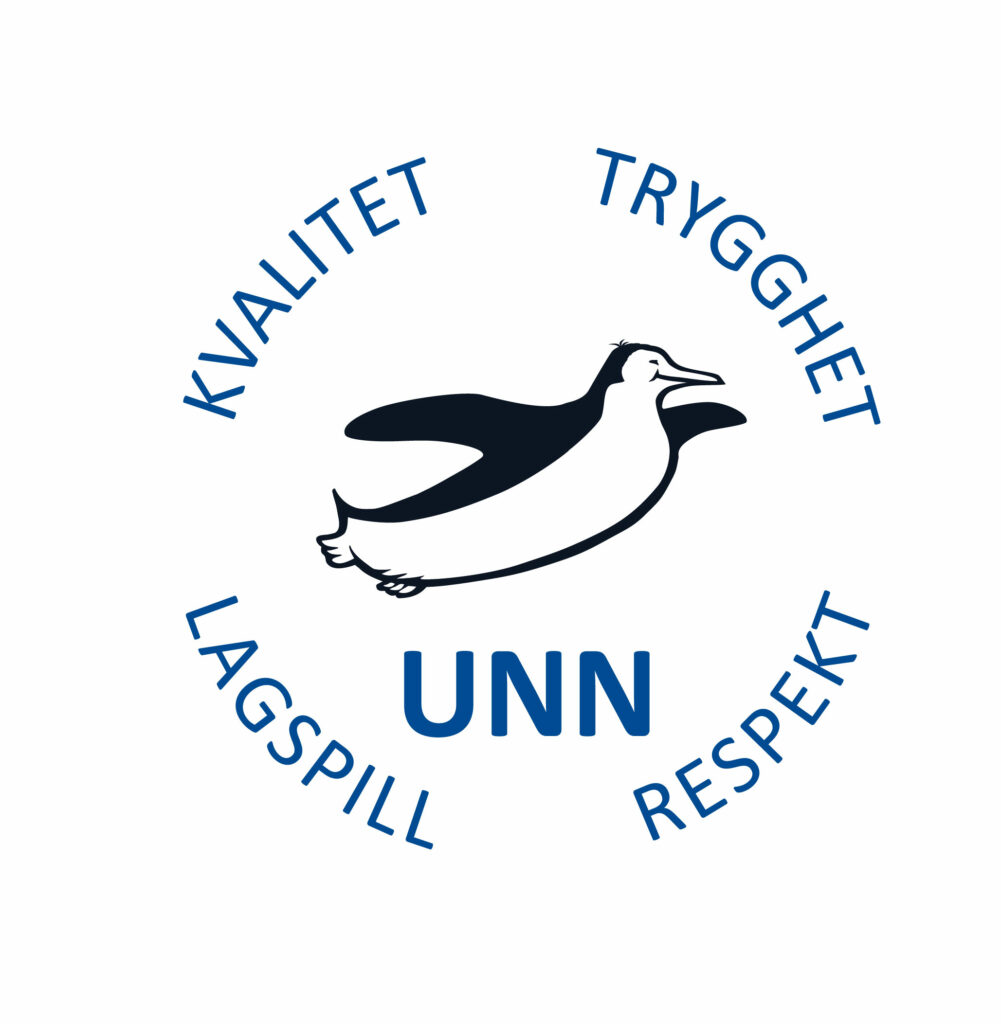Physiotherapist Per
Working person-centered includes asking the patient "What is important to you?", then working from the response received. It can be challenging for a healthcare worker to ask this question alone – one might receive a difficult-to-meet answer, or do you risk opening the door to something you are not prepared to handle?
Physiotherapist in private practice
As a privately practicing physiotherapist in a clinic with other physiotherapists, I meet patients varying in age, extent of injury, and ability to contribute to their rehabilitation. In cases where the patient has a high capacity for exercise and implementing measures on their own, a one-to-one relationship between physiotherapist and patient works very well. However, when the patient has a more complex condition with multiple diagnoses and issues, but seeks treatment for a specific complaint, it becomes more difficult to tailor rehabilitation in relation to the other health challenges.
The treatment often becomes focused on the affected area without greater focus on the patient as a whole. For patients with complex symptoms, this can lead to a suboptimal or, in worst case, a non-feasible rehabilitation. Lack of knowledge about the impact and symptoms of other diseases can also cause misleading assessments of the patient's problems.
Patients receiving follow-up from multiple healthcare instances can pose challenges in maintaining an overview of initiated measures. When the patient is the only source of information about the treatment, misunderstandings can easily arise. It can be difficult to establish dialogue with other instances, both in terms of finding the right therapist and due to time consumption.
Physiotherapist in a Team
Working in an interdisciplinary team makes it easier to address the various and complex issues of the patients. There is a breadth in interdisciplinarity, making it easier to challenge both team members and the different systems belonging to. Each team member contributes with specific professional knowledge and experiences from working in healthcare and as a person.
When everyone contributes simultaneously, it creates a comprehensive plan for assessments and follow-up. Everything can be coordinated, which can be more understandable and meaningful for the patient. In teamwork, the physiotherapist contributes with professional knowledge and can be a driving force in promoting understanding of the importance of everyday activity and exercise. In particular, the significance of inactivity among the elderly is something that is not widely spread in healthcare. Another important work area for the physiotherapist is that of pain issues, a field no one becomes fully trained in, and where one can increase their competence through collaboration with others. One learns a lot from patients, and even more through team collaboration.
For the physiotherapist as a professional, the horizon can be broadened with knowledge about medications (use/abuse) and nutrition (assessment and follow-up). This gives the profession greater breadth and stimulates further competence development.



